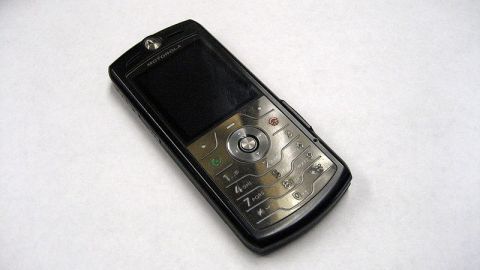Collecting Data Through Your Cell Phone

In a world that seems to be governed more and more by hard data, the search is on to find the fastest and easiest way for collecting that data. With metrics assisting in the decision-making process with everything from sports to business to policy, how can we compile figures around the world in an age where home telephone-based surveys seem about as dated as, well, home telephones? In the age of the online survey, the future of data collection could be resting in your hand. Welcome to a world where you’re more than just a number, you’re a cell phone.
The idea of using cheap cell phones to compile field research isn’t an entirely-new concept. 2008 saw word emerge about Populi, a mobile research platform that was developed in Africa and used to conduct field research on a series of low-cost Nokia cell phones. The application was able to survey 25,000 rural African households in less than three months. The speed and efficiency of this kind of mobile data cultivation is setting a precedent for how we collect information.
Google is one large company that has grown increasingly involved in the emergence of cell phone data collection. Their mobile operating system, Android, is being used by computer scientists at the University of Washington in this field, collecting data involving everything from recording human rights in the Central African Republic to tracking health workers in Tanzania to monitoring deforestation in Brazil. In addition, the company is forking over considerable funds to other university research projects exploring mobile phone data collection in the sciences.
This type of collection is becoming particularly popular in health care, where more and more doctors are using mobile phones to collect and share patient information. While the practice is commonplace in a number of busy emergency rooms, public health workers are even collecting data in remote area of Kenya to instantly upload information, which is then subsequently analyzed at medical centers some distance away. The Center for Disease Control and Prevention has also adopted the use of mobile phones enthusiastically.
While the global proliferation of mobile phones takes a bite out of the wired phone industry, mobile phones are also being targeted more in the collection of phone surveys. These types of surveys are particularly useful to marketing and advertising people, who target the youthful demographics who make up the bulk of cell phone users. And as far bacl as 2007, MIT researchers were looking into the idea of using cell phones in compiling census information.
Considering the investment from companies like Google, it might not be that long before the majority of tangible data is collected via cell phone. The good news is you won’t be getting calls to participate in a survey at your home during dinner. The bad news is you might be getting that call on your cell phone.





